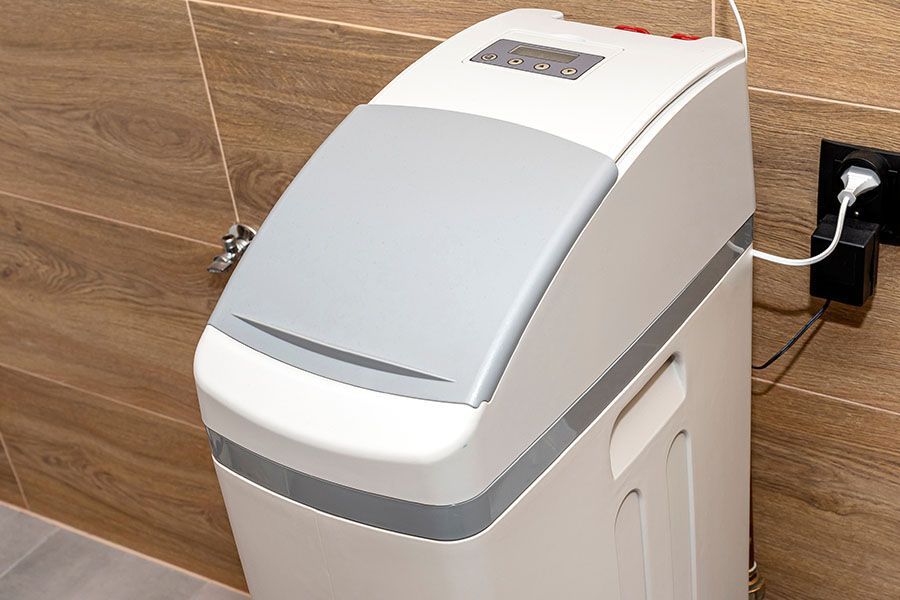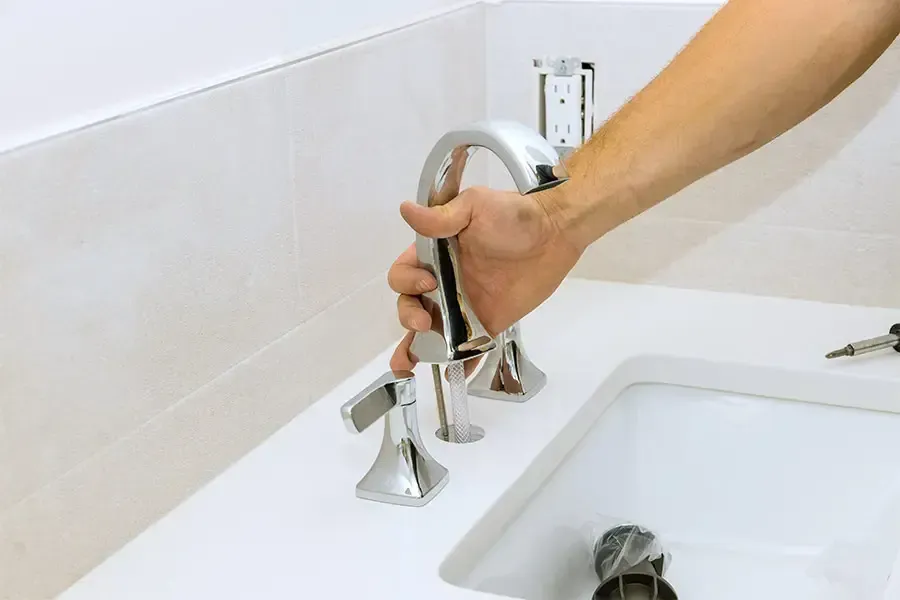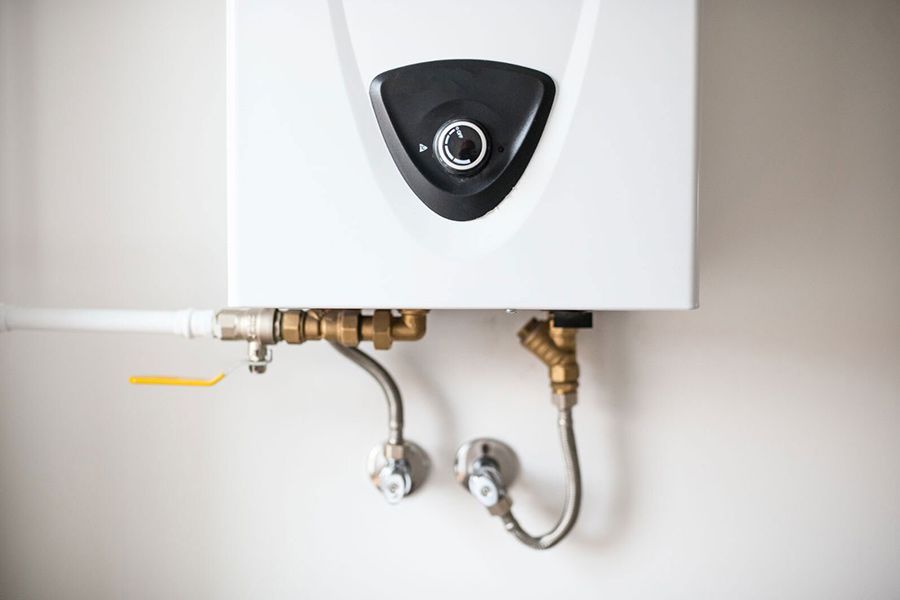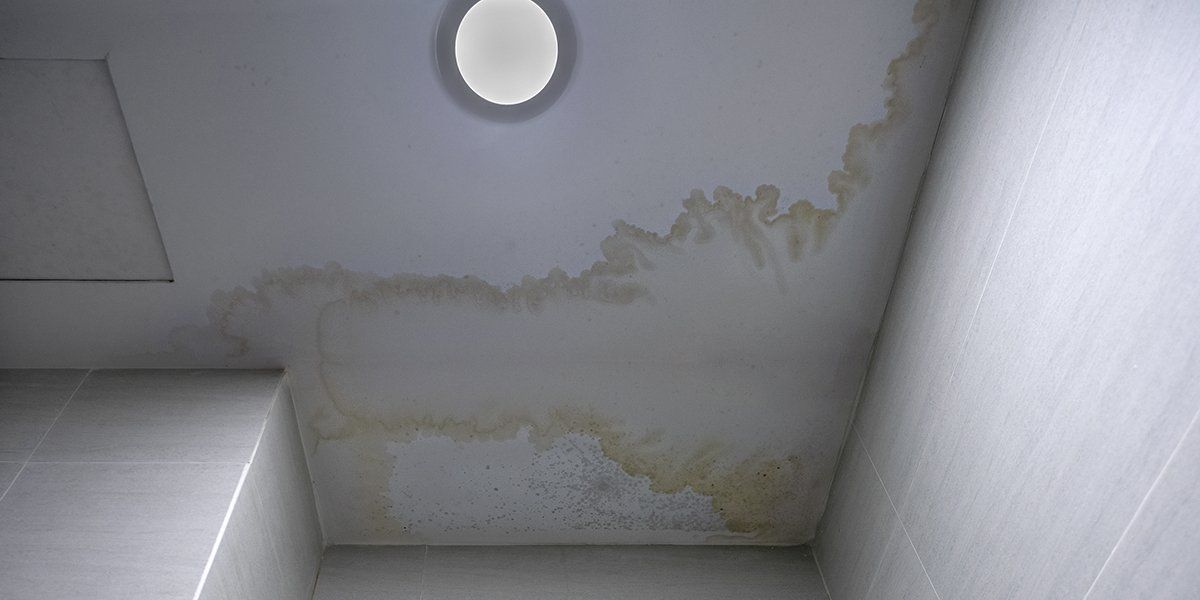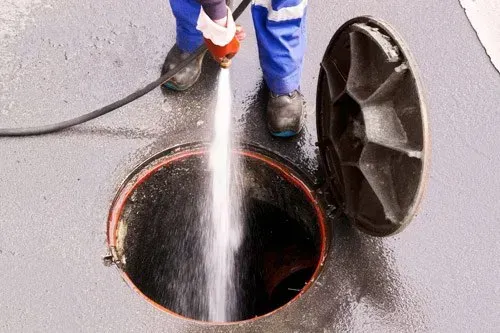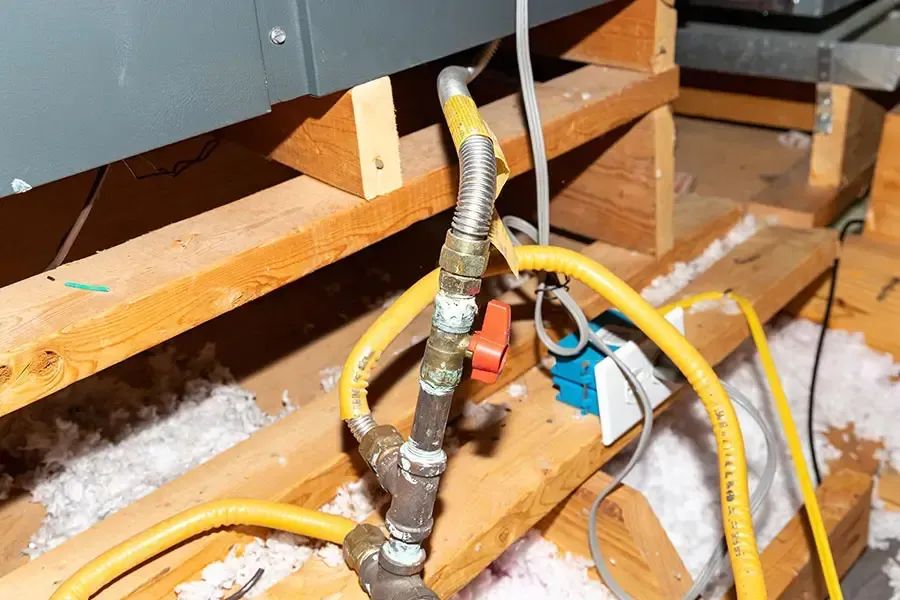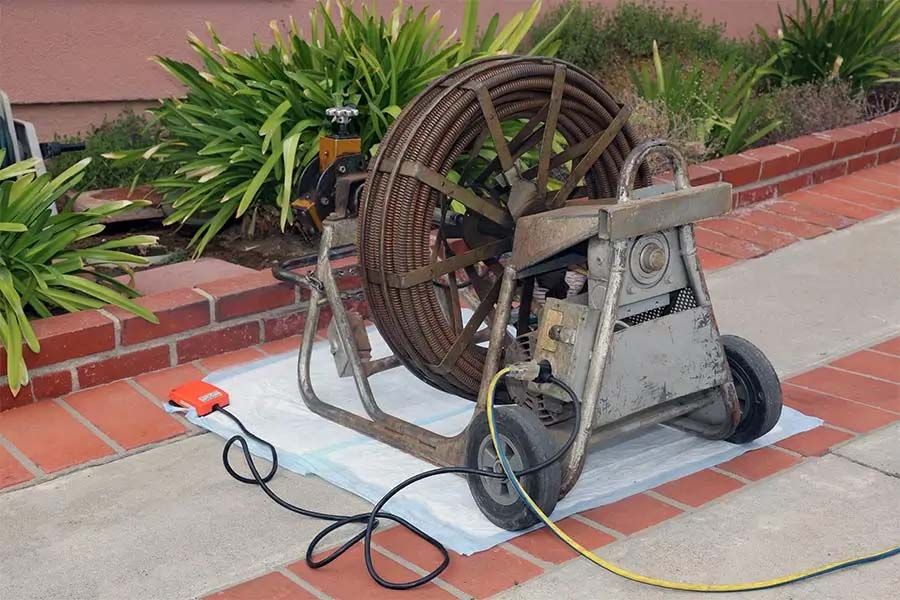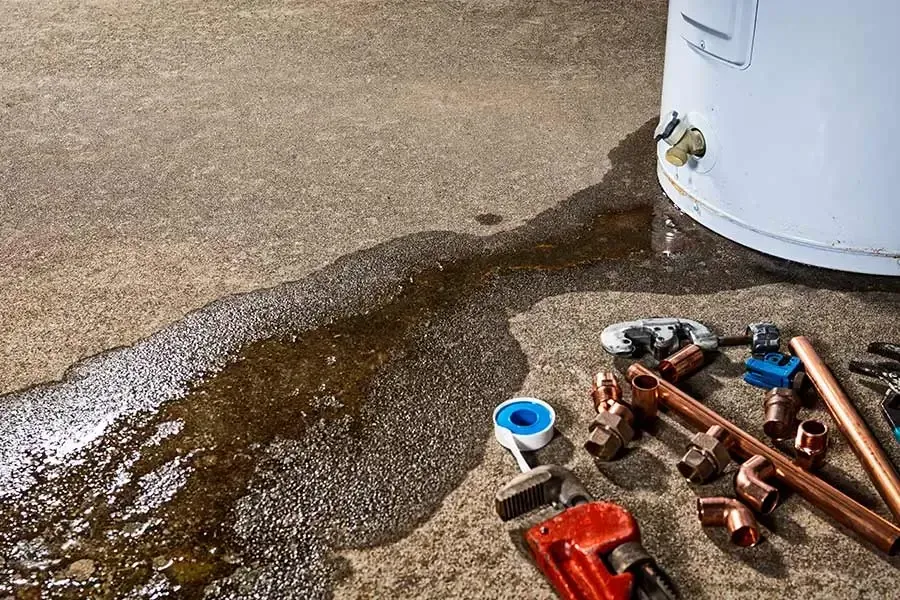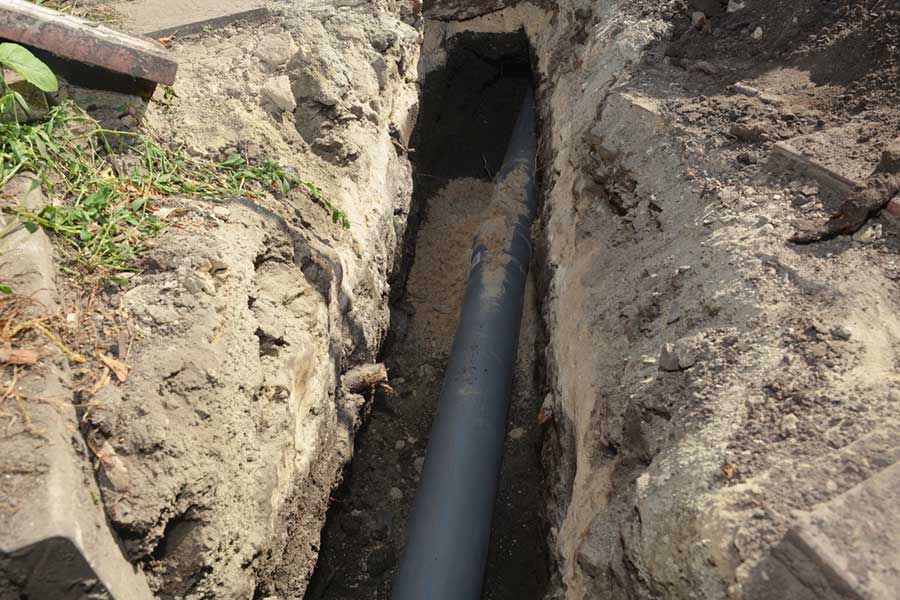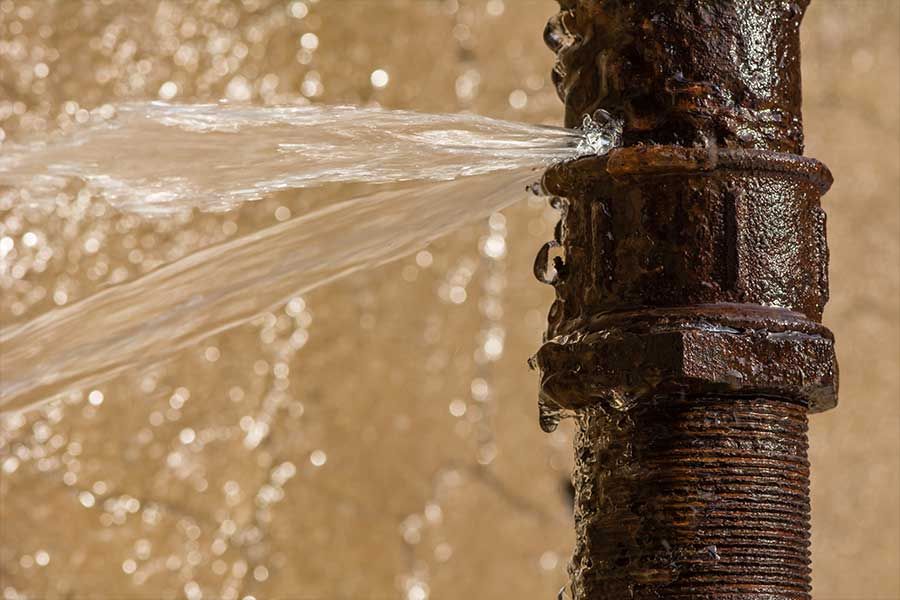How Do Touchless Faucets Work?
Touchless faucets are one of the biggest modern advancements in residential plumbing. However, many Lyndhurst residents don't understand much about these unique features and may wonder, "How do touchless faucets work?" Fortunately, Formica Plumbing & Sewer Co. is here to teach you everything you need to know about touchless faucets.
Formica Plumbing & Sewer Co. is Lyndhurst, OH’s number one choice for residential plumbing and sewer services. If you need experienced plumbers in Lyndhurst OH, contact the experts at Formica Plumbing & Sewer Co.
What Are Touchless Faucets?
Touchless faucets function similarly to traditional faucets but don't feature a handle or knobs. Instead, they utilize advanced infrared sensor technology that turns the faucet off and on whenever you place your hands underneath or close to the spout. They are more convenient than traditional faucets and don’t require you to touch a filthy knob once you finish washing your hands, making them much more sanitary.
Touchless faucets are incredibly versatile and work great for both residential and commercial properties. Their sleek style allows them to match nearly any room design while taking the space’s appearance to new heights. Whether you have a classic bathroom or a modern kitchen, you can’t go wrong with a high-quality touchless faucet.
Parts of a Touchless Faucet
So, how do touchless faucets work?
To learn how touchless faucets operate, you must understand their parts.
Most touchless faucets consist of five primary parts:
- Sensor
- Solenoid valve
- Power source
- Spout
- Waterproof connector cables
Sensor
Touchless faucets have a sensor along their spout’s base or just above the lip that notifies the device to turn off and on. However, instead of utilizing motion sensors, these advanced faucets use presence sensors.
Presence sensors feature infrared lights that detect someone by reflecting light off their hands and into the sensor whenever they place them underneath the spout. Once someone moves their hands away from the device, the sensor signals the solenoid valve to turn off the water. Presence sensors are much more advanced than motion sensors and alert the faucet whenever someone needs to use it while minimizing water waste.
Some touchless faucets use ultrasonic field sensors instead of presence sensors. These sensors create a field under the faucet’s spout that turns valves on and off whenever something penetrates the field. They are a bit less common, but many touchless faucet designs feature the technology.
It’s important to note that the sensors, regardless of design, require routine cleaning to operate. Dirt, soap scum, and other pollutants can build up around the sensors over time and prevent them from activating. Simply wash the sensors off with water to remove any contaminants obstructing the infrared lights.
Solenoid Valve
Solenoid valves are electromagnets that pull or push the faucet’s water valve. When the presence sensor detects something underneath the spout, it signals the solenoid to open the water valve and allow water flow. Once someone moves away from the sensors, the solenoid closes the valve and stops the water.
In short, solenoid valves are small yet important parts of touchless faucets that work with the sensors to control the flow of water.
Power Source
Power sources are rather self-explanatory and provide power to touchless faucets. Some faucets receive power from dry-cell batteries, while others use low-voltage currents from AC transformers. It’s best to talk to a touchless faucet specialist to determine which power source works best for your home.
Spout
The spout contains all the working parts of a touchless faucet and is vital for its operation. Most consist of a robust material that protects them from damage while heightening their visual appeal. These materials include:
- Zinc
- Brass
- Copper
- Nickel
- Chrome-plate
Waterproof Connector Cables
The waterproof connector cables connect the touchless faucet’s subparts, allowing them to work together.
Benefits of Touchless Faucets
Touchless faucets offer several benefits that traditional faucets don’t provide. Below are just some of the benefits you’ll enjoy from touchless faucets.
More Sanitary
Traditional faucets require you to turn a handle or knob to activate water flow. However, these knobs are often dirty and can re-contaminate your hands right after you wash them. This defeats the purpose of washing your hands and can lead to health issues in extreme cases.
Touchless faucets don’t feature knobs or handles and allow you to clean your hands without touching potentially dirty mechanisms, making them much more sanitary.
Conserves Water
Many people leave their faucets running while they brush their teeth or dry their hands. Although this might seem trivial at first, it can waste tons of water over time and skyrocket your monthly water payments. Touchless faucets turn off automatically as soon as you're done using them, saving hundreds of gallons of water over time.
Since touchless faucets help you conserve water, they can make your water bills much more affordable, pushing their benefits even further. They are perfect for children that might leave the sink running, helping your family conserve water without much effort or lifestyle changes.
Incredibly Convenient
Touchless faucets are incredibly convenient and don’t require you to turn knobs or handles. Simply place your hands or a dirty object under the spout, and the sensors will alert the solenoid valve to turn on the water. Once you finish, remove your hands or the object, and the faucet will shut off automatically.
Contact Formica Plumbing & Sewer Co. for Professional Touchless Faucet Installation, Repair, and Maintenance in Lyndhurst, OH
If you want to upgrade your Lyndhurst property with a top-quality touchless faucet but wonder, “How do touchless faucets work?” contact Formica Plumbing & Sewer Co. Our team will equip your property with a first-class touchless faucet while providing outstanding customer service along the way. Whether you need touchless faucet installation or want to learn the different types of outdoor faucets, Formica Plumbing & Sewer Co. has you covered.
Give Formica Plumbing & Sewer Co. a call at 440-557-4605 or complete our online form and see what our plumbing specialists can do for you in Lyndhurst, OH, today!
Author Bio:
Matt Formica
He worked side by side with his cousin, Frank D. and sister Linda, in the office. The company has grown and now has six vans helping the surrounding communities with plumbing and sewer issues.
